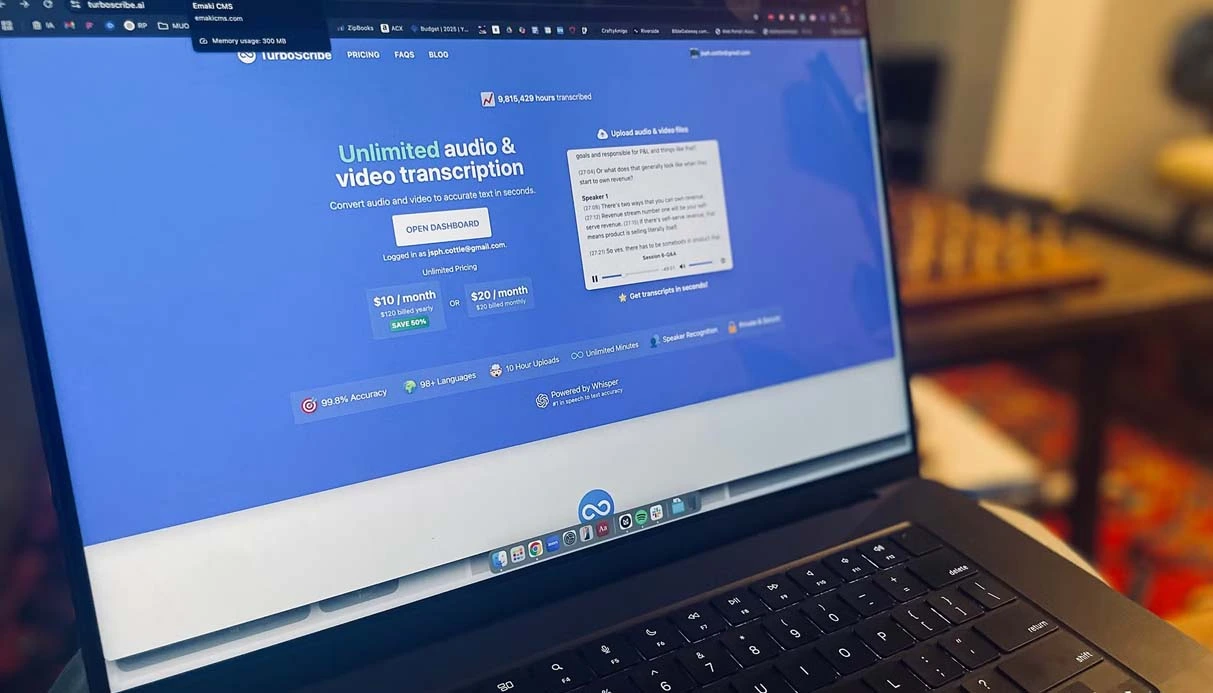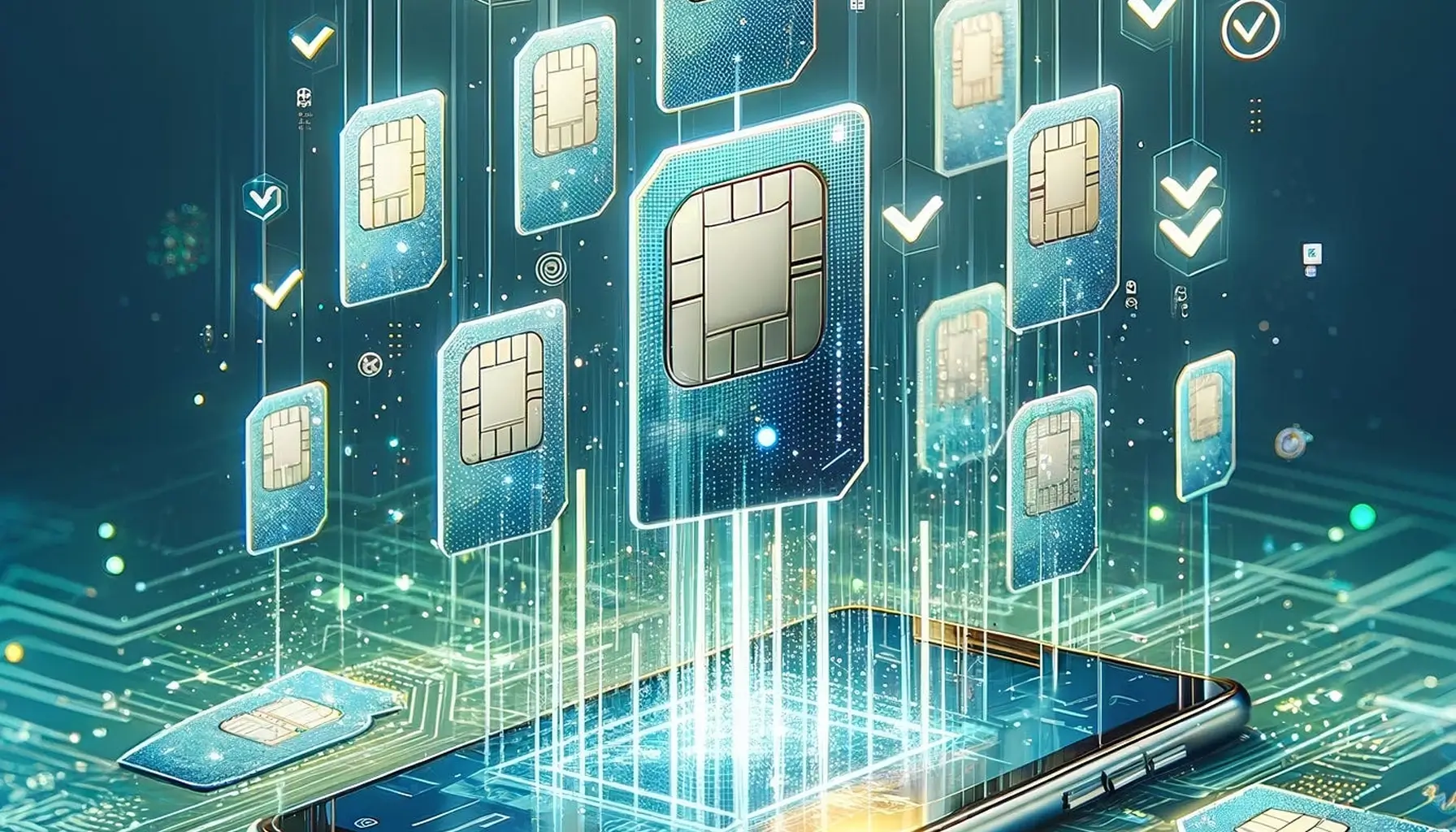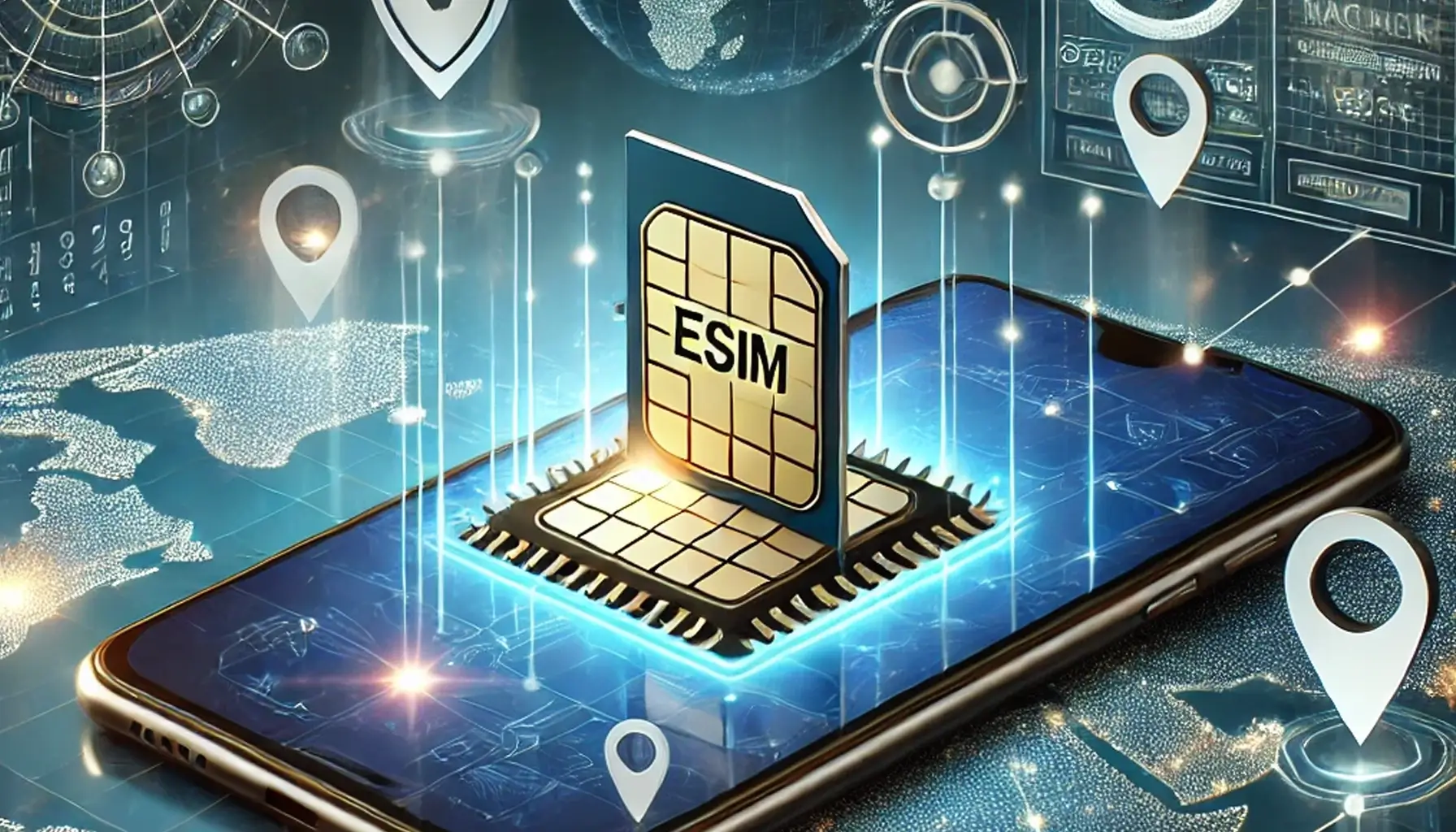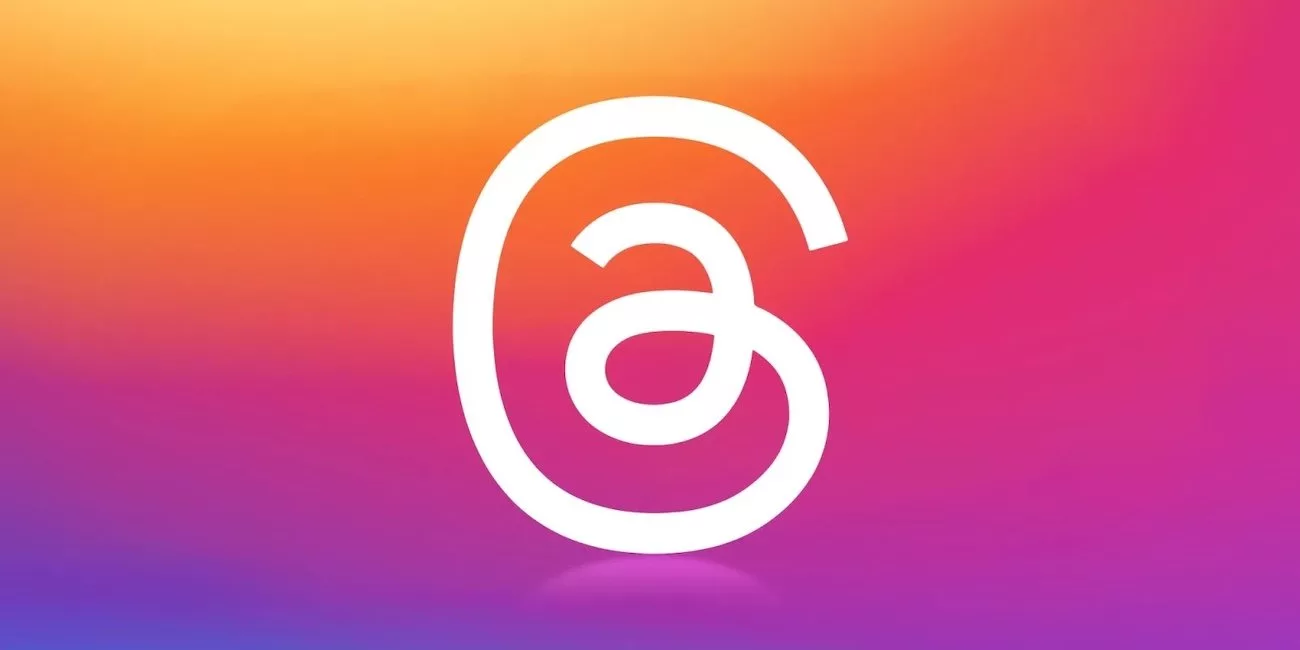

This guide explores both options in detail, helping you make the smartest choice for your needs — whether that’s saving on roaming, managing business calls, or staying anonymous online.
What Is a Virtual Number?
A virtual number (also called an online number or cloud SIM) allows you to make and receive calls and texts without a physical SIM card. It works over the internet via VoIP (Voice over IP) services and mobile apps.
Top Features:
- Internet-based, no SIM needed
- Global accessibility
- Can be used across multiple devices
- Great for privacy and multiple app logins (Telegram, WhatsApp, etc.)
- Easy activation — no hardware involved
What Is a Physical SIM Card?
A physical SIM card is a small chip inserted into your phone, provided by telecom companies. It connects you to mobile networks for voice, text, and data.
Top Features:
- Strong cellular connectivity
- Reliable voice and SMS
- Required for most banking, legal, and government services
- Full support for emergency calls and mobile plans
Key Differences: Virtual Number vs. SIM Card (2025 Comparison)
| Feature | Virtual Number | Physical SIM Card |
|---|---|---|
| Setup | Instant (online) | Requires physical insertion |
| Location Use | Global | Region-restricted |
| Device Flexibility | Any device with internet | Single device |
| Network | VoIP over internet | GSM/LTE/5G mobile networks |
| Privacy | High (no ID required) | Tied to personal ID |
| Emergency Support | Limited | Full support |
| Cost | Low to moderate | High with roaming or monthly plans |
| Best For | Travel, apps, privacy, remote work | Local use, stable calls, official needs |
When Should You Choose a Virtual Number?
- International Travel
Avoid roaming charges and switch regions effortlessly with cloud-based numbers.
- App Registration (Telegram, WhatsApp, Instagram)
Great for creating multiple accounts, testing, or anonymity.
- Remote Work & Digital Nomads
Access your number from any country — perfect for freelancers.
- Online Privacy
Keep your real number private when signing up for platforms or services.
When Should You Use a Physical SIM Card?
- Stable Connectivity
Physical SIMs still offer better quality in areas with weak internet.
- Banking and Official Registrations
Most government or financial institutions require a physical number tied to your ID.
- Full Mobile Features
If you rely heavily on SMS, voice, and mobile data on the go, SIM cards offer consistent access.
Pros of Virtual Numbers:
- No physical handling required
- Works on any device
- Protects your personal number
- Easy for global use
- Affordable or even free (some providers)
Cons of Virtual Numbers:
- Requires strong internet
- Can be blocked by some platforms
- Limited emergency call support
Pros of Physical SIM Cards:
- Strong, stable connectivity
- Accepted by banks and legal systems
- Works offline in poor internet zones
Cons of Physical SIM Cards:
- Roaming fees
- Easily lost or damaged
- Needs physical installation and ID registration
What’s Best for You in 2025?
Virtual numbers are the smart choice for people who prioritize flexibility, affordability, privacy, and global reach. If you're looking to buy virtual number, this option offers unmatched convenience across borders.
On the other hand, physical SIM cards still hold value for users who need constant connectivity, access to traditional services, and stable voice quality.




